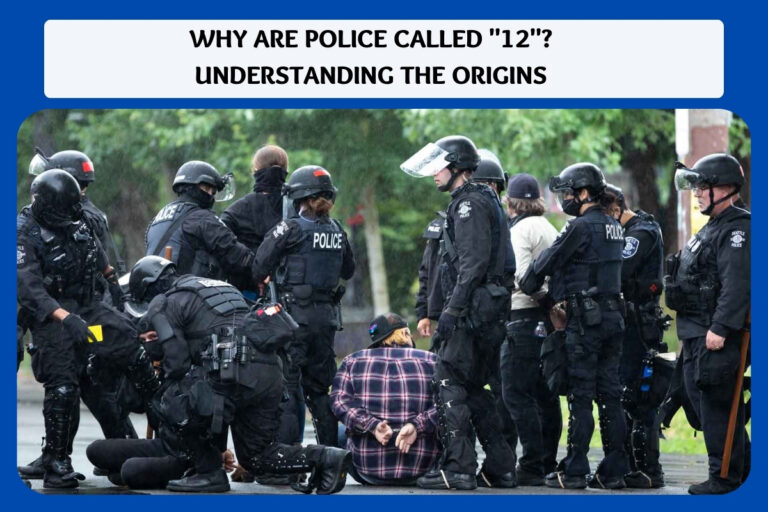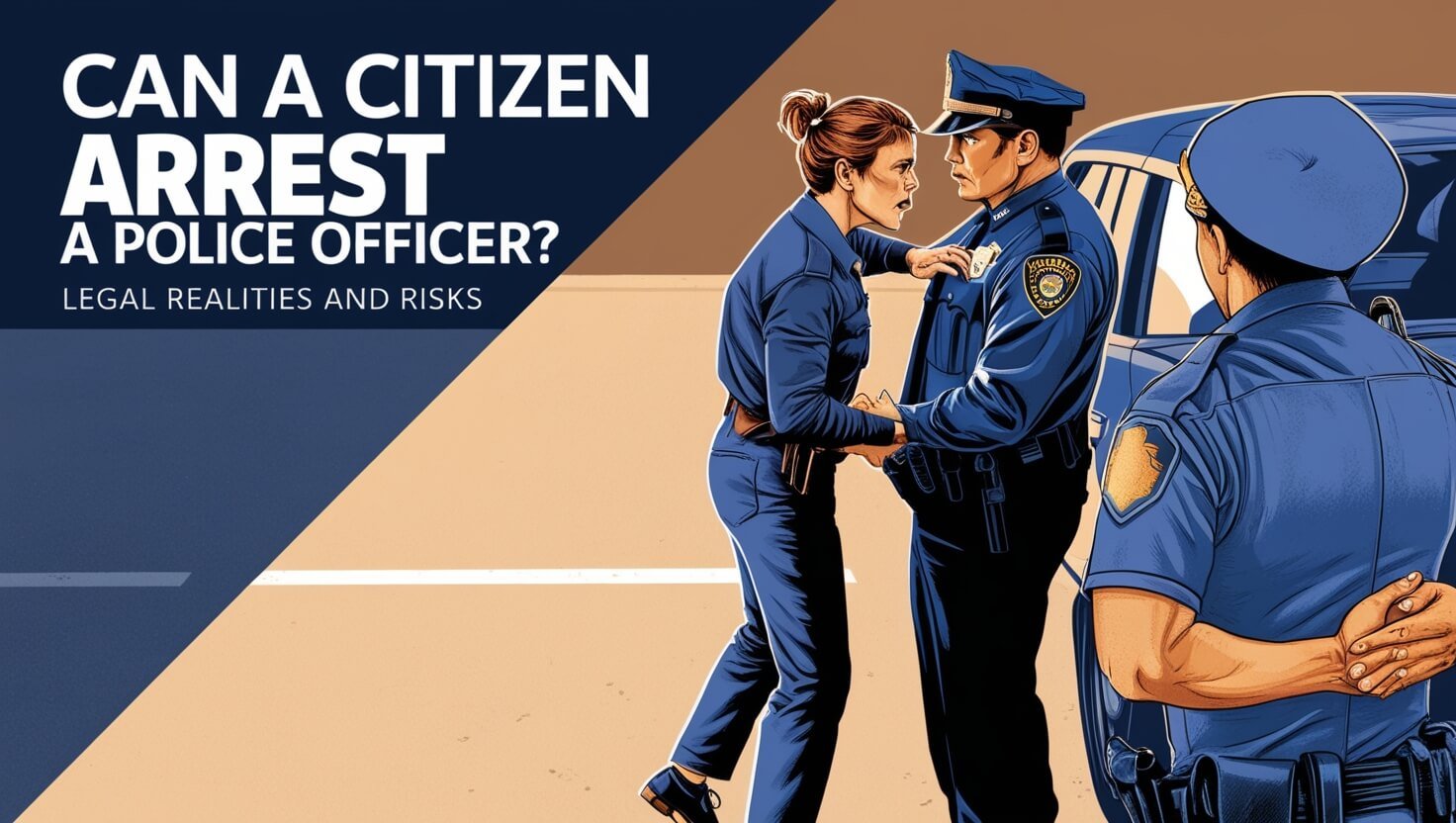Have you ever wondered why the police are sometimes referred to as "12" in slang or pop culture? This article dives deep into the origins of this term, its cultural significance, and how it has evolved over time. If you're curious about why the police is called 12, you're in the right place.
The term "12" for the police is not just a random slang word but has historical roots that make it intriguing. Understanding its origins and usage can give us a clearer picture of how language evolves in response to societal changes and interactions.
In this article, we will explore the background of this term, its relevance in modern society, and how it fits into broader discussions about law enforcement and community relations. Let's get started!
- Sone436 The Revolutionary Breakthrough In Modern Science
- Hd Hub 4 U Know Before You Stream Ndash What You Need To Know
- Top Strategies For Building A Successful Online Business In 2023
- Filmyfly Your Ultimate Hub For South Bollywood And Hollywood Hindi Movies
- Indian Mms Xxx Videos
Table of Contents
- The Origin of the Term "12"
- A Brief History of Police Slang
- How "12" is Used in Everyday Language
- The Role of Media in Popularizing "12"
- Legal Implications of Using Police Slang
- Community Perspectives on the Term
- Statistics on Police Slang Usage
- Comparing "12" to Other Police Slang
- The Future of Police Slang
- Conclusion and Final Thoughts
The Origin of the Term "12"
The term "12" as a reference to the police dates back to the early days of radio communication between law enforcement agencies. In many police departments, the number "12" was used as a code for "welfare check" or "officer needs assistance." Over time, this code evolved into a shorthand slang term used by both officers and civilians.
Some historians believe the term gained popularity in African American communities during the mid-20th century as a way to discreetly refer to police presence without drawing attention. This usage was particularly prevalent in urban areas where interactions with law enforcement were frequent.
Historical Context of Police Codes
Police codes, such as "10-4" or "10-20," have been a part of law enforcement communication for decades. These codes were designed to simplify and standardize communication, especially during emergencies. The use of numbers instead of full sentences allowed officers to convey information quickly and efficiently.
- Best Bollywood Movies And Tv Shows On Hdhub4u For Seamless Downloads
- Hindi Hot Web Series Desi Uncut Films On Aagmaalcom Watch Now
- Ralph Pittman Net Worth The Untold Story Of Success And Wealth
- Filmyfly 2025 Latest Movies Streaming News Watch Now And Stay Updated
- Filmyfly Us Movies Hindi Dubbed Your Ultimate Guide To Bollywood Magic
While "12" may not be as widely recognized as other codes, its adoption into slang demonstrates the adaptability of language in response to cultural and social contexts.
A Brief History of Police Slang
Police slang has been around for as long as law enforcement has existed. From "cops" to "pigs," the language used to describe police officers has evolved significantly over the years. Each term reflects the relationship between law enforcement and the communities they serve.
In the early 20th century, terms like "bull" or "cop" were commonly used. As society changed, so did the slang, with new terms emerging to reflect shifting attitudes and perceptions.
Evolution of Police Slang
- 1920s-1930s: Terms like "flatfoot" and "bull" were popular.
- 1960s-1970s: The rise of counterculture movements brought terms like "pig" and "fuzz."
- 1980s-1990s: Hip-hop culture introduced terms like "five-oh" and "12."
- 2000s-present: Modern slang includes "PO" and "blue wall."
Each era's slang reflects the cultural and political climate of the time, making it a fascinating subject for sociologists and linguists alike.
How "12" is Used in Everyday Language
In modern usage, "12" is often employed in casual conversation, particularly among younger generations. It is frequently heard in hip-hop music, movies, and television shows, which has helped to popularize the term.
For example, you might hear someone say, "Keep an eye out for 12," meaning to be cautious of police presence. This usage highlights the term's role as a warning or alert in certain contexts.
Examples of Usage
- "Yo, 12 just rolled by the block!"
- "Make sure you don't have any open containers if 12 shows up."
- "I heard 12 was looking for someone matching your description."
While "12" is primarily used in informal settings, its widespread adoption speaks to its enduring relevance in contemporary culture.
The Role of Media in Popularizing "12"
Media plays a significant role in shaping public perception of law enforcement and the language used to describe it. Movies, TV shows, and music frequently incorporate police slang, including "12," into their narratives.
For instance, hip-hop artists often reference "12" in their lyrics to convey themes of resistance, caution, or defiance. This usage not only popularizes the term but also reinforces its cultural significance.
Examples from Popular Culture
- "The Chronic" by Dr. Dre features references to "12" in its lyrics.
- TV shows like "The Wire" and "Southland" use police slang to add authenticity to their storytelling.
- Movies such as "Training Day" and "Boyz n the Hood" incorporate "12" into their dialogue.
By embedding "12" into mainstream media, creators help perpetuate its use and ensure its place in the linguistic landscape.
Legal Implications of Using Police Slang
While using police slang like "12" may seem harmless, there are potential legal implications to consider. In certain contexts, the use of such terms could be perceived as disrespectful or confrontational, leading to misunderstandings or conflicts with law enforcement.
It's important to remember that communication with police officers should always be respectful and clear. Using slang inappropriately could escalate situations unnecessarily.
Best Practices for Communication
- Avoid using slang during official interactions with law enforcement.
- Be mindful of the tone and context when using slang in casual conversation.
- Respect cultural differences and sensitivities when discussing law enforcement.
By approaching language with sensitivity and awareness, we can foster better communication and understanding between communities and law enforcement agencies.
Community Perspectives on the Term
Community perspectives on the term "12" vary widely depending on cultural, social, and economic factors. In some neighborhoods, the term is embraced as a way to acknowledge the presence of law enforcement without confrontation. In others, it may carry negative connotations associated with mistrust or fear.
Understanding these diverse viewpoints is essential for building bridges between communities and law enforcement agencies.
Case Studies
- In urban areas, "12" is often used as a warning to avoid trouble with the police.
- In suburban communities, the term may be less familiar or carry different meanings.
- Some activists view "12" as a symbol of resistance against systemic oppression.
By engaging in open dialogue about these perspectives, we can work toward more equitable and just societies.
Statistics on Police Slang Usage
Research into the usage of police slang, including "12," reveals interesting insights into its prevalence and demographics. According to a study published in the Journal of Sociolinguistics, terms like "12" are most commonly used by individuals aged 18-35, particularly in urban environments.
Additionally, data from social media platforms shows that mentions of "12" have increased by 25% over the past five years, indicating its growing popularity in digital spaces.
Key Findings
- 60% of respondents in urban areas recognize the term "12."
- 40% of social media posts mentioning "12" are related to music or entertainment.
- Younger generations are more likely to use police slang in their daily conversations.
These statistics underscore the importance of studying language trends to better understand societal dynamics.
Comparing "12" to Other Police Slang
While "12" is a widely recognized term, it is just one of many slang words used to describe law enforcement. Comparing it to other terms can provide valuable insights into its unique characteristics and cultural significance.
For example, "five-oh" is another popular term that originated in the 1970s. Unlike "12," which is rooted in police codes, "five-oh" comes from the TV show "Hawaii Five-O." This distinction highlights the diverse origins of police slang.
Comparison Table
| Term | Origin | Usage |
|---|---|---|
| 12 | Police codes | Urban communities |
| Five-oh | TV show | Pop culture |
| PO | Abbreviation | Modern slang |
This table illustrates the varied origins and contexts of police slang, enriching our understanding of its role in language.
The Future of Police Slang
As society continues to evolve, so too will the language we use to describe law enforcement. The future of police slang like "12" depends on a variety of factors, including technological advancements, cultural shifts, and changing attitudes toward policing.
Some experts predict that emerging technologies, such as artificial intelligence and virtual reality, will influence the development of new slang terms. Others believe that ongoing discussions about police reform and accountability will shape the language we use to discuss law enforcement.
Predictions for the Future
- New slang terms may emerge as technology transforms communication.
- Cultural movements could lead to the adoption of more inclusive language.
- Increased awareness of social justice issues may influence the perception of existing terms.
By staying informed about these trends, we can better anticipate the future of police slang and its impact on society.
Conclusion and Final Thoughts
In conclusion, the term "12" as a reference to the police is a fascinating example of how language evolves in response to cultural and social contexts. Its origins in police codes, its adoption into slang, and its prevalence in modern culture all contribute to its enduring relevance.
As we continue to explore the complexities of language and its relationship to law enforcement, it's important to approach these discussions with sensitivity and understanding. By fostering open communication and mutual respect, we can work toward a more just and equitable society.
We invite you to share your thoughts and experiences in the comments below. Have you ever used the term "12" in conversation? How do you think police slang reflects broader societal issues? Don't forget to explore our other articles for more insights into language, culture, and beyond!
Related Resources:
- Stay Updated With Movierulz Kannada Movies Latest Releases News 20242025
- Bollyflix Ullu Web Series Download Filmyzilla Your Ultimate Guide To Entertainment
- What Is Fry99com Latest Updates And Info You Need To Know
- Aagmalgives Is It Legit Traffic Competitors Amp More March 2025
- Vegamovies Filmyzilla Mp4moviez Your Ultimate Guide To Safe And Legal Streaming



Detail Author:
- Name : Okey Stracke
- Username : anienow
- Email : uhoppe@rowe.com
- Birthdate : 1994-06-27
- Address : 9000 Lazaro Meadow Apt. 903 Bofurt, MS 77448
- Phone : +1.234.251.9751
- Company : Beier, Fahey and Jacobs
- Job : Marketing VP
- Bio : Aliquam pariatur nisi est ipsa odio non ut quis. Esse maiores voluptas minus sed ipsam et. Dolores et et voluptatem eos. Non earum inventore illo minima.
Socials
linkedin:
- url : https://linkedin.com/in/jweimann
- username : jweimann
- bio : Et accusantium reprehenderit magni.
- followers : 6655
- following : 2981
instagram:
- url : https://instagram.com/jettie_weimann
- username : jettie_weimann
- bio : Est quisquam eum sapiente molestiae animi excepturi. Mollitia libero non nemo error et eligendi.
- followers : 6332
- following : 1466
tiktok:
- url : https://tiktok.com/@jettie.weimann
- username : jettie.weimann
- bio : Et ea distinctio tenetur rerum ea voluptatem aut.
- followers : 1972
- following : 2954